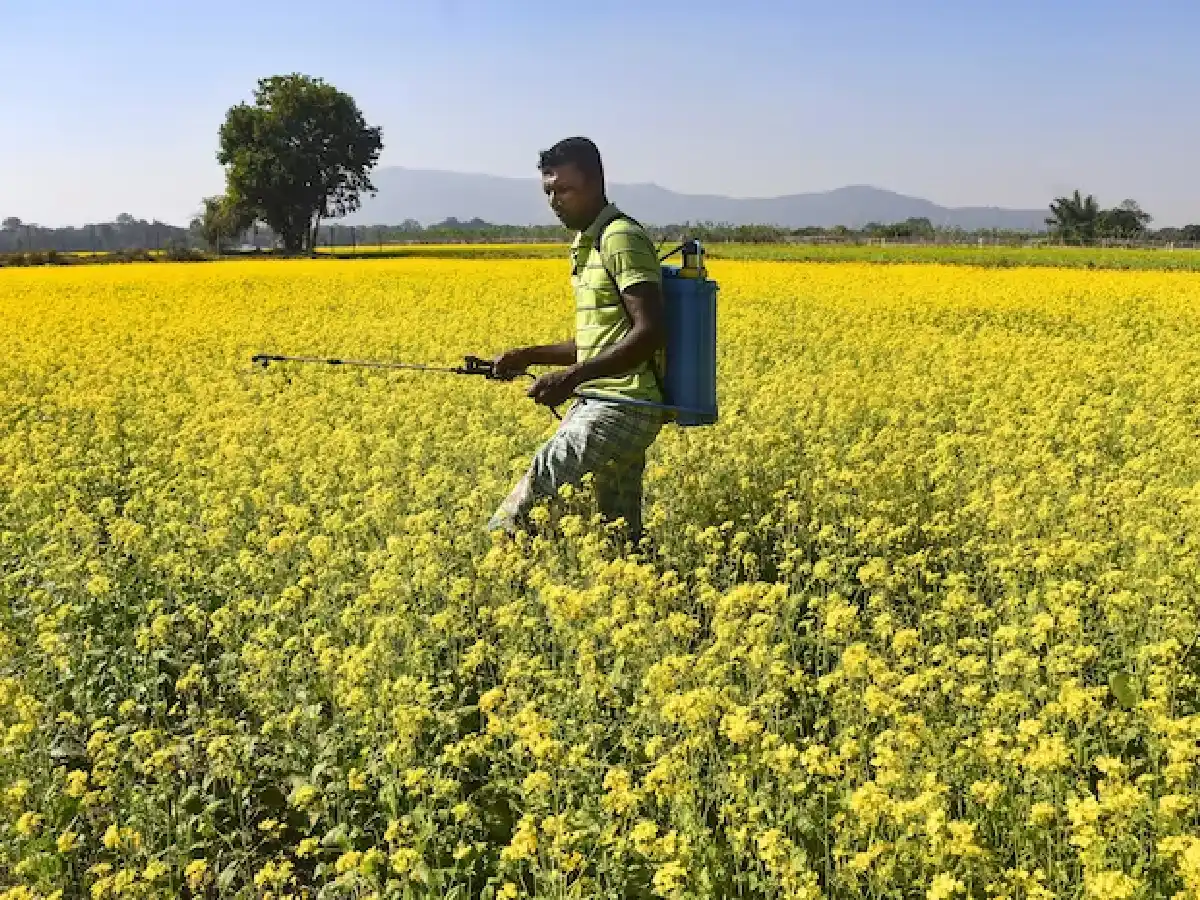The Central government led by Narendra Modi has declared the Minimum Support Price (MSP) for 6 crops for the Rabi marketing season 2025-26. Farmers have been guaranteed higher prices for their products through this notification, providing a positive impact on the agriculture industry. The MSP announcement predominantly covers wheat, barley, gram, lentils, mustard, and safflower.
The Minimum Support Price (MSP) for Rabi crops like wheat, gram, and mustard was approved by the Union Cabinet chaired by Prime Minister Narendra Modi, as stated by Information and Broadcasting Minister Ashwini Vaishnav.
The minimum support price for wheat has been raised by Rs 150 per quintal, going from Rs 2,275 to Rs 2,425. The Minimum Support Prices (MSP) for mustard has gone up by Rs 300 to reach Rs 5,950, while the MSP for gram has risen by Rs 210 to Rs 5,650. In the same way, the minimum support price for barley, lentil, and safflower has been raised to Rs 1,980, Rs 6,700, and Rs 5,940 per quintal, respectively.
What does MSP stand for?
The government in India guarantees farmers a set price for their crops called Minimum Support Price (MSP). The government sets this price to ensure that farmers receive a fair price for their crops, even when market prices decrease. The primary goal of MSP is to guarantee that farmers receive fair compensation for their agricultural expenses and work in order to prevent any losses.
Every year, the government sets Minimum Support Prices (MSP) for different crops, which are established before the planting season begins. The determination of this support price considers factors such as crop costs, production expenses, and farmer income to ensure fairness.
MSP is set for 23 key crops in India, including cereals like wheat and paddy, pulses, oilseeds, and other varieties. In case the prices of these crops drop below the MSP in the market, the government purchases them at MSP to prevent losses for the farmers. The Minimum Support Price (MSP) is established by the Commission for Agricultural Costs and Prices (CACP) after considering cost factors, production expenses, and the requirements of farmers, before sending recommendations to the government.

